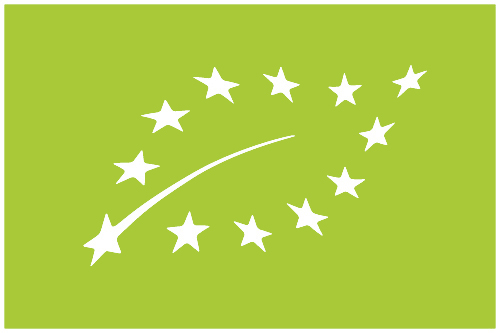Your own winter vegetables in a few easy steps – the basics

Getting a few basics right is the key to growing winter vegetables successfully:
Choosing the right crops
Not all vegetables are suitable for growing in winter. It’s important to pick robust, hardy crops – varieties that will still grow even when the weather’s freezing, or that store exceptionally well.
Of course the classic winter crops like kale, lamb’s lettuce and Brussels sprouts are ideal. But you’d be amazed how many other vegetables are also suitable – some perhaps surprisingly so.
Just browse through the Winter Vegetables category in our shop and discover the huge range of possibilities.
Sowing at the right time
Growing winter vegetables takes careful planning: many varieties need to be sown in late summer or early autumn in order to grow big enough before the first frosts. Other varieties ripen only after a long growing period and will need to be sown as early as May/June in order to produce crops in late autumn and winter. Vegetables for storing often fall in this earlier growing phase.
So decide exactly which varieties you’d like to be feasting on in winter and draw up a growing plan to make sure you don’t miss the right sowing time.
Location and soil
Well-prepared soil that’s free-draining and rich in nutrients lays the foundation for healthy plants. Apart from the cold, excessively wet conditions are your plants’ main enemy in winter, often causing them to rot or die off.
You might need strategies to protect your plants from the wet. Cloches or light cold frames can work very well. Of course polytunnels are also suitable, provided that you keep them properly ventilated.
Plant care and cold weather protection
Winter vegetables may be hardy but they might still need extra protection from extreme weather conditions. Garden fleeces or polytunnels are simple ways of protecting your plants from severe frosts. Raised beds also have benefits as they increase the soil temperature and provide additional protection. Growing your plants in hotbeds can also help.
Looking after winter vegetables is relatively simple as the plants are less susceptible to pests and diseases. Occasional watering during dry periods and regular harvesting will help to ensure that you can enjoy fresh vegetables month after month.



Why it’s worth reviving old traditions
Growing winter vegetables is not just a healthy and sustainable way of enjoying fresh, locally-grown produce – it’s also a return to time-honoured farming practices. Historically, many cultures had to grow winter vegetables in order to guarantee food security during the cold season. With industrial agriculture and the availability of imported foods this knowledge fell into disuse.
At a time when sustainability and self-sufficiency are becoming ever more important, growing winter vegetables is a way of conserving natural resources, protecting the environment and getting closer to nature. By rediscovering these old traditions we not only enrich our gardens but also take an important step towards a more conscious and sustainable lifestyle.
So this winter why not try something new (or indeed old!) and grow your own winter vegetables? It’s easier than you might think and incredibly rewarding.


















